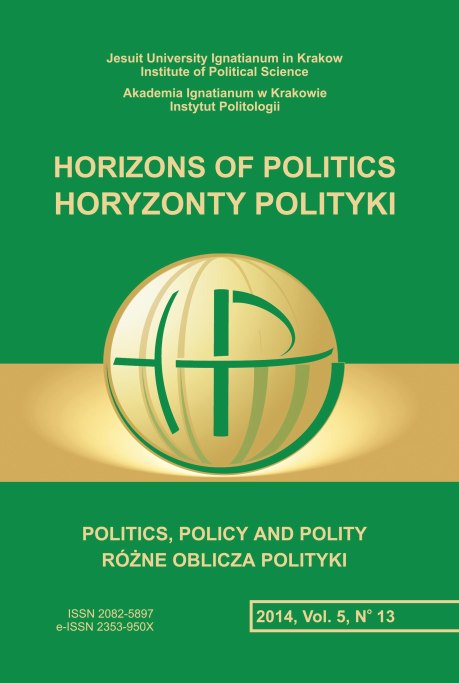The Oxford Movement’s Arguments for the Union of Church and State
The Oxford Movement’s Arguments for the Union of Church and State
Author(s): Piotr MusiewiczSubject(s): Politics / Political Sciences, Politics, Political Theory, Politics and religion
Published by: Uniwersytet Ignatianum w Krakowie
Keywords: Tractarianism;Oxford Movemement;Church and State relations
Summary/Abstract: The nineteenth century Oxford Movement, formed mostly by Anglican clergymen, is known to have produced the Anglo-Catholic wing in the Church of England; nonetheless, it also had an important political dimension, ignored by scholars for a long time. One of its core political ideas was a conviction about the necessity of a certain type of union of Church and State. I shall focus on seven of the arguments that the Oxford Movement presented for such a model, which have been reconstructed after examining its writings. The first argument shows the Movement’s adherence to historical English patterns of the union of Church and State. The second presents some of the criticism of a model of separation. The third and fourth outline two important theories of the Oxford Movement: the incorporation of the Church into the State and the theological superiority of the Church over the State. The fifth is in fact a set of arguments for assessing various historical political models and events. The next argument refers to Richard Hooker’s conditions for the union of Church and State, while the last reconstructs the Oxford Movement’s way of thinking on relations between morality, religion and politics, and therefore the philosophical justification of their political idea.
Journal: Horyzonty Polityki
- Issue Year: 5/2014
- Issue No: 13
- Page Range: 113-127
- Page Count: 15
- Language: English

